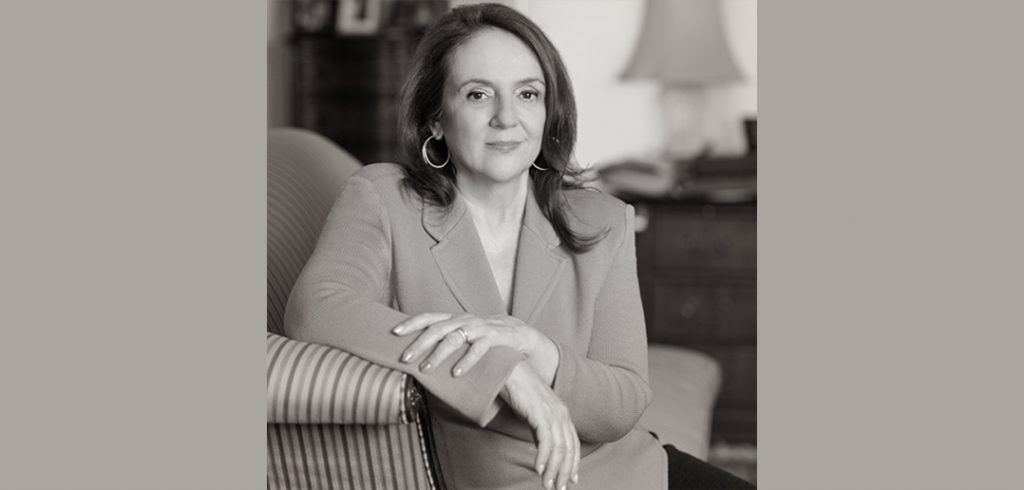The APA division examines psychological theories and their “relevance for scientific and pragmatic applications,” said Morrissey, adding that most members of the group come from academia. She said her main focus will be to “push the boundaries” and nudge the group toward “scholar activism.”
“I see health as the whole being,” said Morrissey, who will be teaching a course on patient-centered care in Fordham’s master’s program in health administration this spring. “We need to ask how we’re designing research and translating it into the field in a way that gives voice to marginalized people.
Part of the way she is hoping to turn theory into action is through collaborations with fields beyond psychology.
She noted that the recent refugee crisis in the U.S., which has split up families impacted people fleeing violence, represents an opportunity for research that will not only help future refugees, but provide important evidence to back up potential policy changes. The effort also brings the society in conversation with nine other APA divisions, she said, as well as many organizations outside APA such as community advocacy groups.
“The exciting thing about this kind of work is that it expands the network beyond the academic community of psychologists so that we’re working closely with social workers, attorneys, ethicists and other APA colleagues,” said Morrissey.
This isn’t to say that practical applications will usurp the group’s mission to advance theory, she said. Rather, immersion in practice—action in the field—will help develop theory.
One example of theoretical work being advanced by the society focuses on dementia, she said. She noted that many healthy people view the experience of those who have dementia as totally negative, an assumption she believes should be challenged.
“We need to engage in more reflective dialogue to do a better job of understanding the lived experience of people with dementia, such as, are they experiencing any joy?” she said. “They may also have a certain type of agency that we don’t understand. We need to challenge assumptions to understand the diversity of their experience better. Here there are also big implications for policy and advocating for a workforce that is equipped to care for people with dementia.”
Another aspect within dementia research that pushes theoretical boundaries is the practice of using personal experience with loved ones as narrative evidence.
“We’re rejecting rigid boundaries between subject and object,” she said, of the practice. This is in contrast to traditional practice, where researchers in psychology generally keep their subjects at arm’s length, lest the work be tainted by familiarity.
“It’s a type of qualitative position to disclose that I have written about my own mom,” she said, referring to Mary Ann Quaranta, Ph.D., former dean of the Graduate School of Social Service, who lived through serious illness near the very end of her life.
“I lived with both my grandmother and my mother through their experience with later-life changes and illness, and I draw on those perspectives in my own research in gerontology,” she said.
“As a qualitative practice, I disclose my positionality, my own experience and perspective, and that’s not viewed as a burden,” she said, though she acknowledges this approach is contested by some.
“It may yield insights about dimensions of the subject’s world that until now remained elusive.

